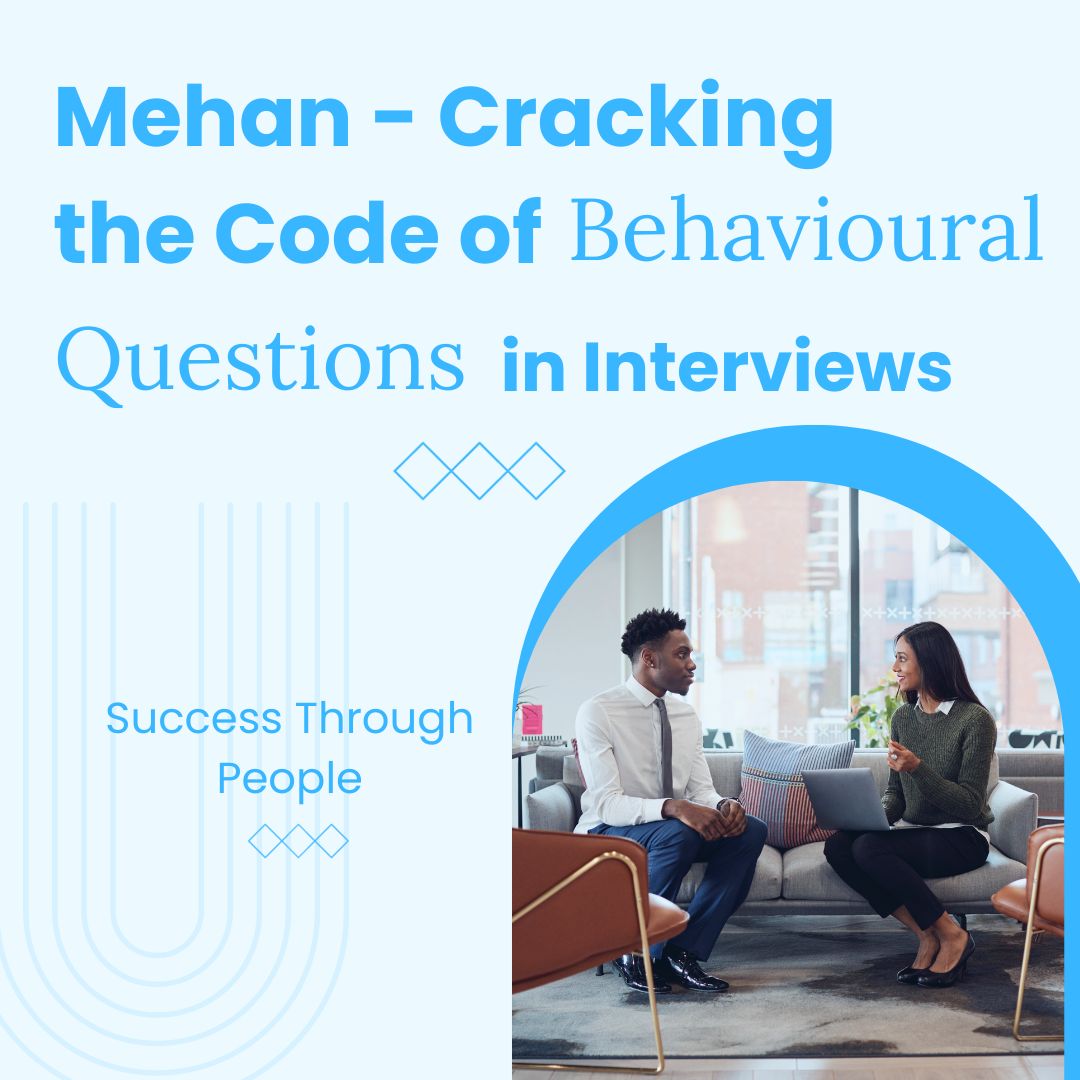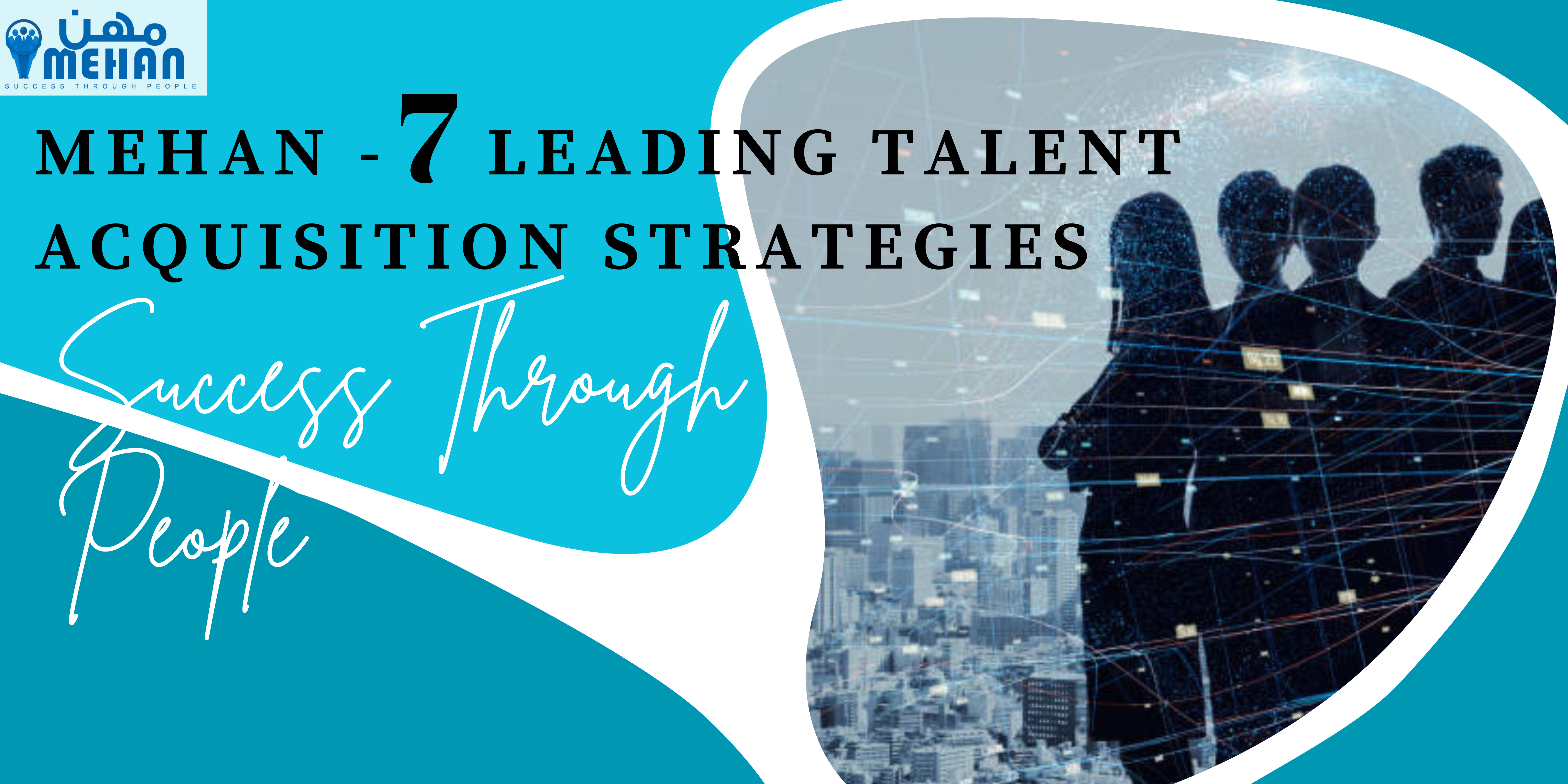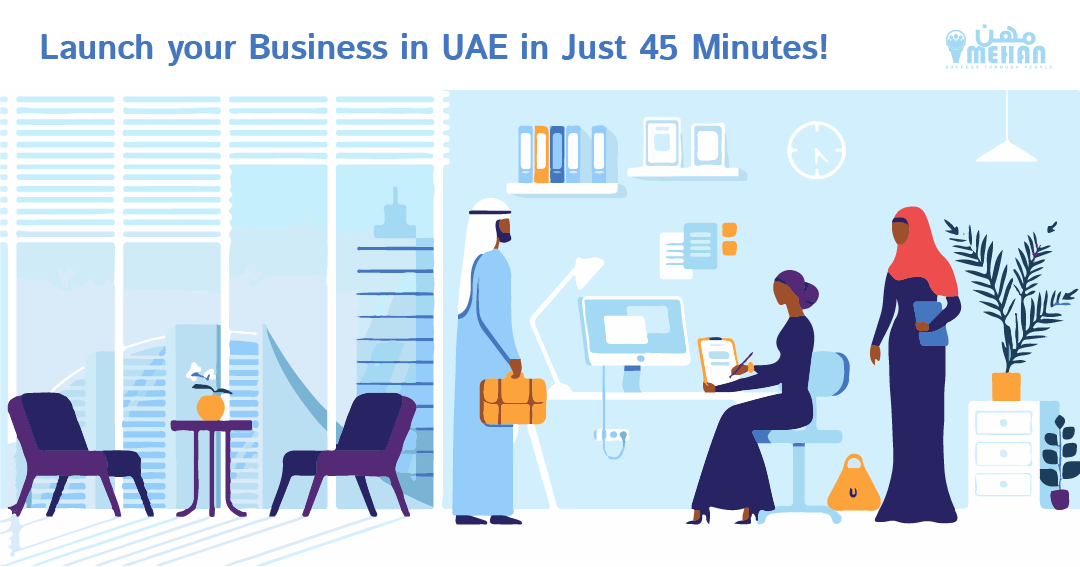
Upskilling is the process of identifying gaps in skills and seeking out methods to bridge them. It is still considered a personal venture or an individual responsibility, primarily. So, does the organization have a say in or an obligation for the training and development of their employees? We have looked at this matter previously. A trained workforce is everyone’s responsibility. Upskilling models have various amounts of variations. However, most companies adhere to one of the following models or a combination of them.
Internal Training
The Walmart Academy was created in 2016 for providing the required training to 8000 new managers at the organization. Later, the retail giant opted to focus on its entire workforce, a whopping 2.2 million. PwC took a similar approach when they created Digital Labs. It is in essence an internal training platform and marketplace. The platform relies on virtual simulations based on real-life corporate clientele issues. Here, employees are encouraged to nominate themselves to find solutions for clients in the virtual environment. This makes talent spotting easier as talent distinguishes itself instead of the company having to scan itself. Once the solution is uploaded onto Digital Labs, the creator gets a monetary reward and if you are participating as a team, you receive multiplied rewards.
Apprenticeships
Apprenticeships are like on-the-job training with a fancy name practiced by Hotel chains, Law firms, and Chartered Accountants. The American Hotel and Lodging Association Education Foundation formally sponsor a registered management apprenticeship program for hoteliers. According to Shelly Weir, a Senior VP of Career Development at their Washington chapter, 80% of the trainees are either front-level or mid-level associated and selected for one or the other upskilling programs that helps advance them into management careers.
Partnership with Vendors
This is a program where your organization collaborates with a third-party training company to provide to their employees. An example of the same is the Travel Agencies’ partnership with organizations like Travelport to carry out training programs for their ticketing agents. Guardian Life Insurance Company of America in New York collaborates with the General Assembly to carry out the necessary training for its employees. This strategy is adopted largely due to the fact that the parent company lacks the necessary resources or the technical expertise to train its employees. Being technically sound in an industry or skill does not necessarily translate to being an effective trainer. The program has provided more than 1,000 employees with a variety of upskilling opportunities, including a data science for data professionals program.
Partnerships with Universities and Community Colleges
This model is a subset or a variation of the previous model. These programs highlight the importance of career counseling largely. Employees will have access to career advisors to motivate them to take up a certain course by way of advising them on the array of opportunities that will be available at the end of their studies. This model is different from traditional methods of tuition reimbursement in which an employee may not be able to make the right choice in terms of the right course for their career advancement. AT&T has had collaborations with both traditional universities and online training platforms.




